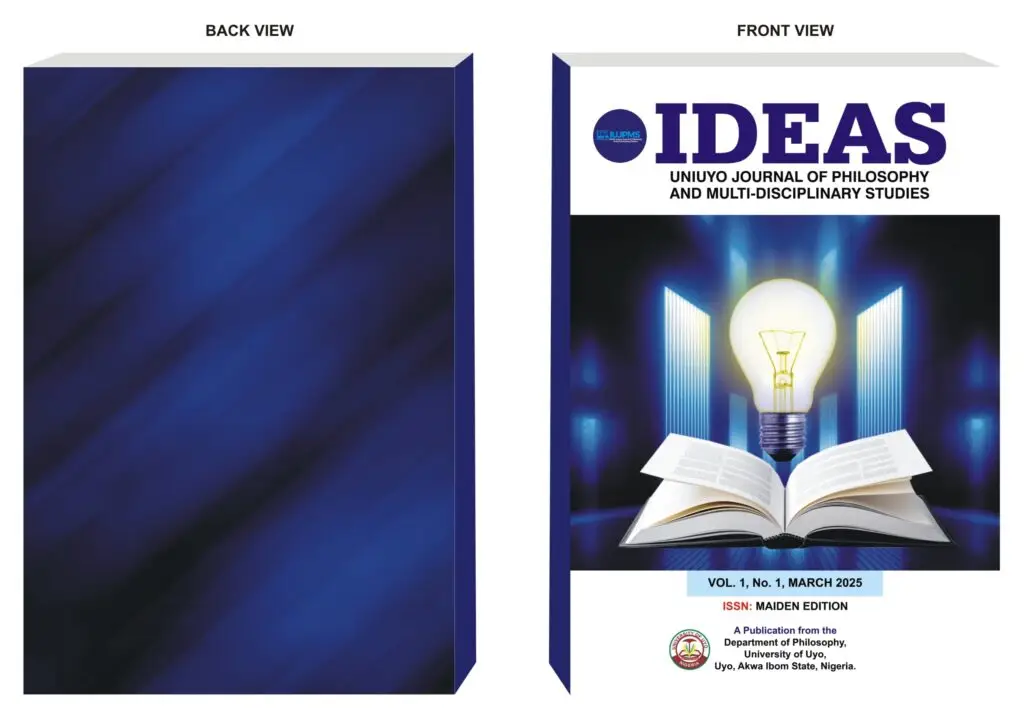The objectives of this research are to appraise and document relationship names in Ibibio as well as examine the cultural relevance of these variables to the Ibibio society. Basing this study on Sapir Whorf theory which addresses the intertwining nature of language and culture, this research analyses relationship names that are appreciated and the ones that are rejected within the Ibibio society. The data for this study were elicited intuitively and from secondary sources; the analysis was done descriptively. The Ibibio language has relationship names which express what the people see as sacrosanct practices, but abominable registers such as bestiality, lesbianism, homosexuality, and others are not captured in the language lexicon. The reason being that, these unholy practices are seen as eccentric as well as taboos and anyone caught in the very act is punished accordingly. This research has identified six (6) groups of relationship names and their meaning in Ibibio language. The result of this research shows that affiliations such asimaan (kinsman),ayeny?n (grandchild), ukod (in-law), or asenawo (visitor) are the most delicate of all the relationships in Ibibio land. The value and fragile nature of the above relationships have been prescribed by the ancestors and the reason why they attached so much importance to these relationships than others is divine. This study recommends that the onomastic exploration of other aspects of Ibibio culture that have not been investigated should be examined by scholars for the purpose of preserving our cultural heritage for posterity.
Written By
Idara Effiong Moses
Department of Linguistics and Nigerian Languages
University of Uyo, Uyo
idaraeffiongmoses@gmail.com
+234 803 814 8031
Dr Golden Ekpo
Department of Linguistics and Nigerian Languages
University of Uyo, Uyo
golden4christ@gmail.com
+234 803 783 0715

